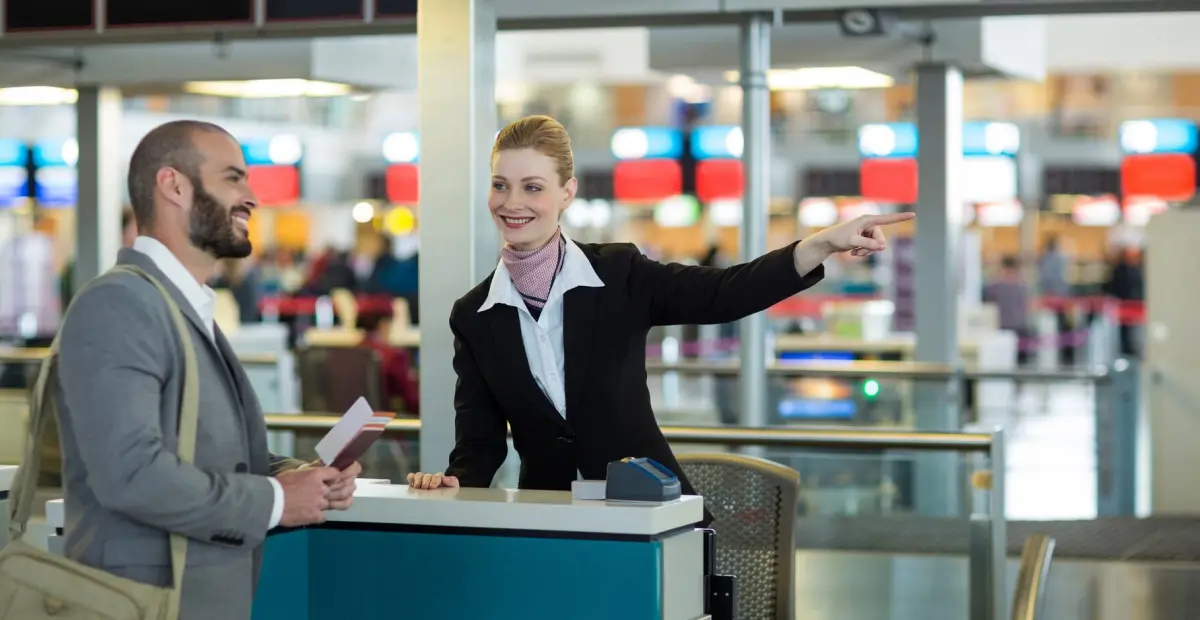Given how the airline industry must contend with heavy regulation, wildly fluctuating fuel prices, and many more challenges that threaten it daily, they have strived to become masters at revenue maximization.
Everything from a bottle of water to a few extra inches of legroom on a flight has become subject to careful consideration when it comes to pricing. Airlines have even managed to compartmentalize the entire flight, splitting passengers into categories based on purchasing power to charge optimal rates for each person.
Further, airlines have automated nearly everything that happens after a person makes a booking, such as payment reminders, ticket generation, requests to update the passenger’s name, etc.
Despite all these advancements in automation and predictive technology, airlines have struggled to bring to group bookings the same convenience, personalization, and dynamic pricing that individuals get when they book a flight. As a result, airlines are losing their opportunity to increase group revenue by up to 28%.
Why legacy offer and order creation methods aren’t doing airlines any favors
Every aspect of a group booking, including offer creation, order creation, and post-sales support, is riddled with inefficiencies that cause revenue leakage, poor help desk productivity, and a subpar customer experience.
When a customer wants a group quote, most airlines have them send an email with their requirements. The airline cannot know how valuable the group is, so the email goes to the bottom of the pile. By the time the revenue management team, sales, or the help desk gets to it, the customer has most likely requested quotes from multiple airlines.
3 out of 4 times, the customer accepts the group quote from the airline that responds first.
The email-driven process also means that the airline has no way of knowing the customers’ buying history, level of urgency, purchasing power, ancillary requirements, etc., which leads to a generic offer.
Meanwhile, for the order to be created, the customer must go through the airline’s reservation system, which isn’t typically designed to handle the nuances of group bookings. The airline cannot quickly create PNRs with multiple group terms and conditions. Aside from that, the customer faces issues, such as difficulties in payment due to the size and complexity of the booking and the tiresome manual ticketing process.
Post-ticketing, the call centers that handle the customers’ calls have difficulty providing proper ancillaries or the ability to quickly modify or partially cancel the bookings, leading to poor customer experience.
What should airlines prioritize to maximize group booking revenue?
The next decade belongs to the airlines that can reimagine the group booking process.
Given that premium corporate customers make many group bookings, airlines that prioritize modernizing the entire process to make it more personalized and convenient can expect a huge upside.
One of the best investments an airline can make in this regard is implementing an AI-powered group booking solution, like GroupRM, that can provide customers easy to use online interface to make their group requests with all the customizations they need.
The platform further equips you with the ability to provide customers with special group fares, direct confirmation of bookings, purchase specialized ancillaries, and, most importantly, make, modify, or cancel bookings via self-service.
Besides, the prices provided by the solution would be real-time fares that the customers can negotiate or accept via the same platform in a few clicks.
An airline in Southeast Asia saw revenue from retail groups increase from zero to $1.5M in 3 months with the implementation of an online interface for their passengers to make group bookings easily.
Further, payments can be made through multiple means, such as credit card, BSP, wire transfer, cash, etc., and an EMD can be generated against the payment. Additionally, the customers can update their group passengers’ names simultaneously without the airline having to follow up to get each one.
Due to the increased visibility and ease of booking provided by the group booking software, an Indian carrier saw its daily group requests increase from 800 to 4000 within three months.
As this unfolds, the airline’s revenue manager can track and manage all group bookings through a unified platform.
Through this automation of the order, offer, and post-booking management process, airlines can ensure optimal revenue, increased customer satisfaction, high efficiency by eliminating manual chores and being on top of all the relevant group booking metrics as well.
Conclusion
Over 20 airlines, both full-service and budget carriers, have employed GroupRM to reimagine their group booking process and consequently enjoyed stellar results. The solution paid for itself in a matter of weeks by providing a delightful booking experience to retail customers, corporates, and travel agency partners. Notably, airlines reported being able to tackle all the limitations that they had been facing with their previous group booking systems.
If, as a revenue manager, you are interested in providing your group passengers with transparent pricing, personalized ancillaries, customizable group requests & policies based on segment, and a hassle-free experience from requesting to the time of ticket generation, reach us for a demo.











